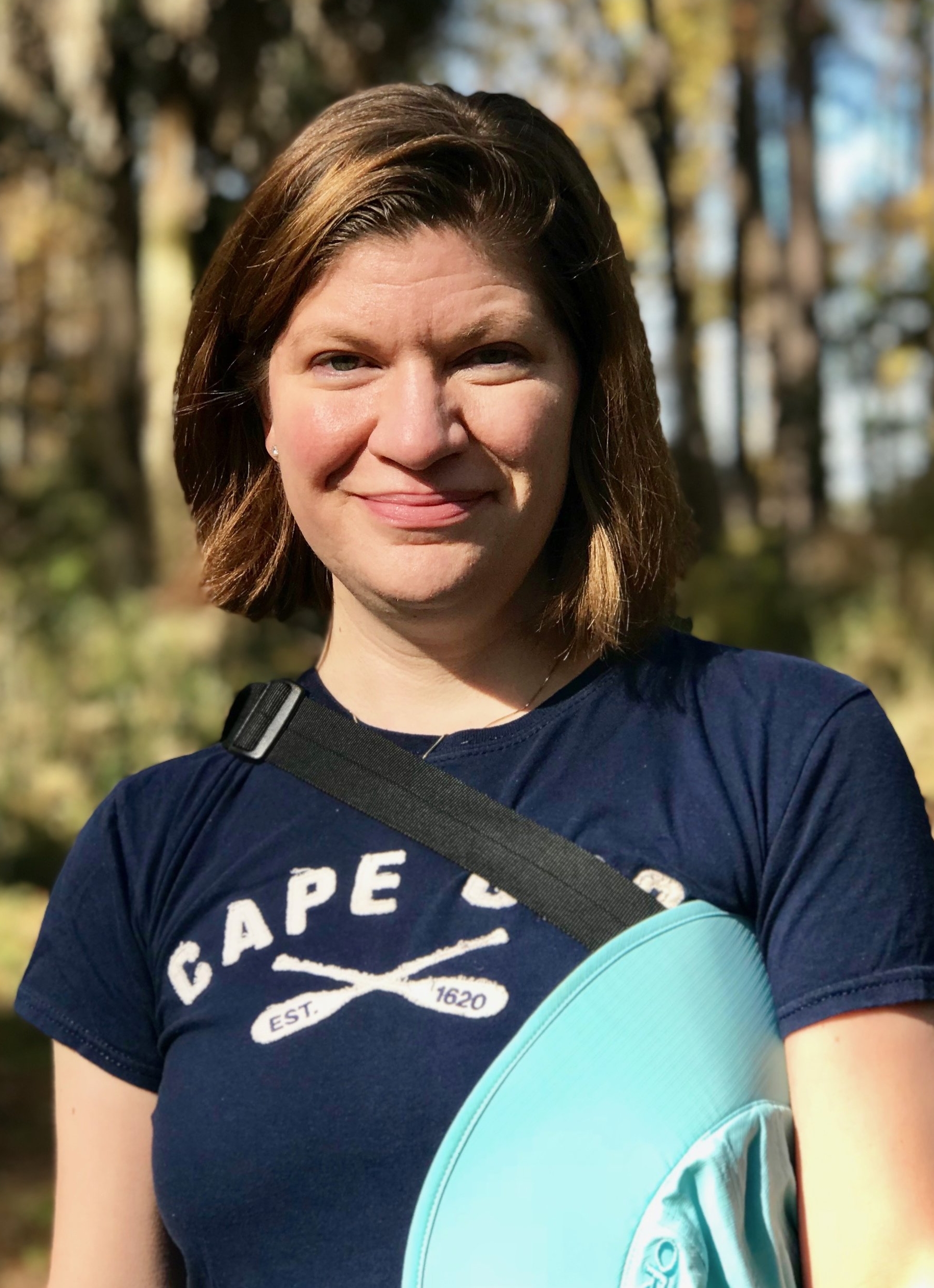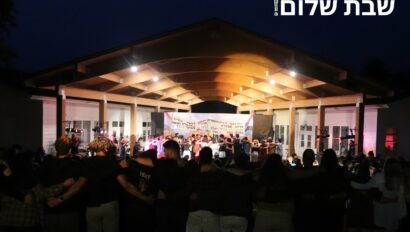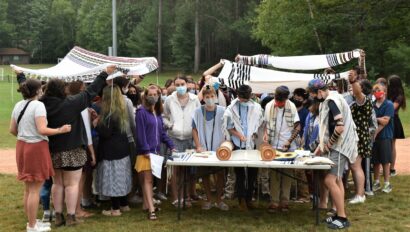Please enjoy a d’var Torah this week by Rosh Hinuch 2018 Rabbi Rebecca Ben-Gideon. Rabbi Ben-Gideon serves as a campus rabbi at the American Hebrew Academy, where she teaches and enhances the school’s Jewish life. She is s a former Head of School, educator and camp advisor who has served on the faculty of George Mason University, The Florence Melton Adult Education Program, The Jewish Youth Philanthropy Institute, and The Solomon Schechter High School of New York. She earned her undergraduate degree, magna cum laude at Harvard University and Rabbinic Ordination at The Jewish Theological Seminary. Though she has worked in many different settings, Rabbi Ben-Gideon’s goal is always the same – to connect with learners and to expand their understanding of how Jewish living and learning can help us to lead meaningful lives.
Why are camp friends so special? What’s the magic that allows a child to go off to camp and to return only a month or two later having made friendships that are unlike any other, and having grown personally in so many ways?
This teaching from Avot de Rabbi Natan, a Jewish text from the same genre as Pirkei Avot may in part explain why camp community and camp relationships feel so special:
“How does one acquire a friend? By eating together, drinking together, reading together, studying together, resting together and revealing one’s secrets: both Torah secrets and everyday secrets.” (Avot de Rabbi Natan 8)
This is camp life! At camp, we do everything together—we learn, we eat, we stay up late…we talk from breakfast until late at night about the holy and the mundane, sharing both everyday silliness and the things that are most important to us. It’s no wonder that camp friends know each other so well and create long lasting bonds.
Yet I think there’s more to it, and to explain the deep, life-long relationships forged at camp, it helps to remember that camp takes place within a particular space and time. It’s almost like a bubble. It’s a special, protected space that feels delightfully removed from the routine of our daily lives.
Camp community is unlike any other, and camp friendships are special friendships, in part because of this quality of being inside an alternate universe, one that is constructed with great intention.
In this week’s Torah portion, Parashat Terumah, we read about the construction of the Mishkan, the sacred space at the center of the Israelite encampment in the desert. This sacred space sat at the middle of the camp, yet was only visited by the people occasionally.
Sanctuaries are places we visit for a limited time. We enter, we encounter that which is larger than ourselves, and we leave changed and inspired. Think about Yom Kippur—the point isn’t only about the experience you have inside a synagogue sanctuary during those 25 hours. It’s about how you act in the world once you leave.
Reading about that sanctuary in the wilderness, I can’t help but think that camp is also a community with Torah at its center, constructed in Northern Wisconsin with similar levels of care and intentionality that we find in the Biblical text.
The test of how powerful a sanctuary is isn’t only the quality of the experience we have in its confines. The true test is who we are when we leave. Can its magic touch us in a way that spills out beyond its walls into the world because its power has begun to live within us?
Camp’s environment works on this same principle. It is a special place bounded in space and time. Campers dwell there temporarily, where they immerse in an intensive experience with Jewish living, learning and community. Then they must leave and live out the values camp helps them to internalize when they are back in the world. This is the mishkan-like ‘magic’ that lives within each Ramahnik, and which draws campers back, summer after summer to be refreshed and renewed.






